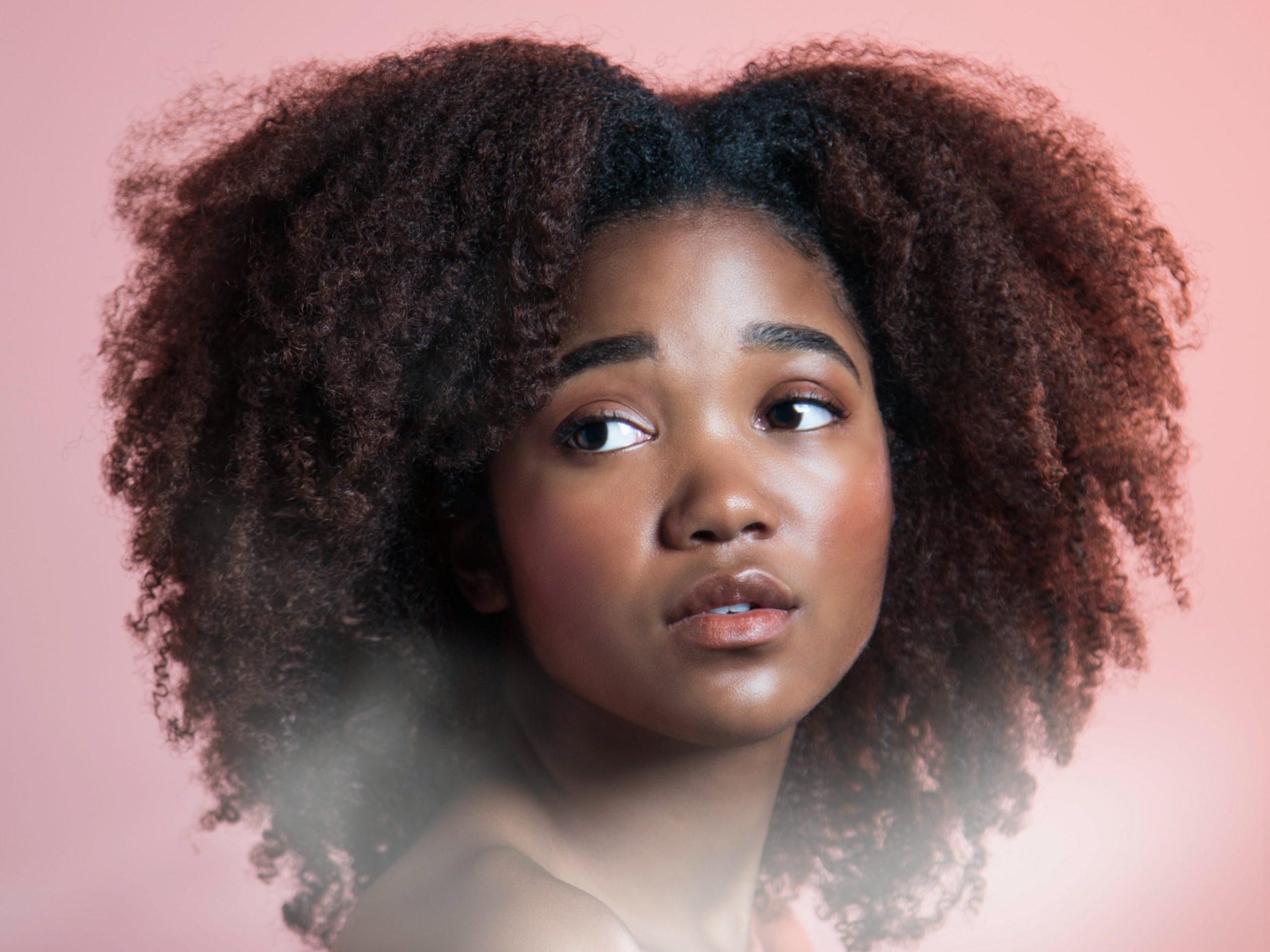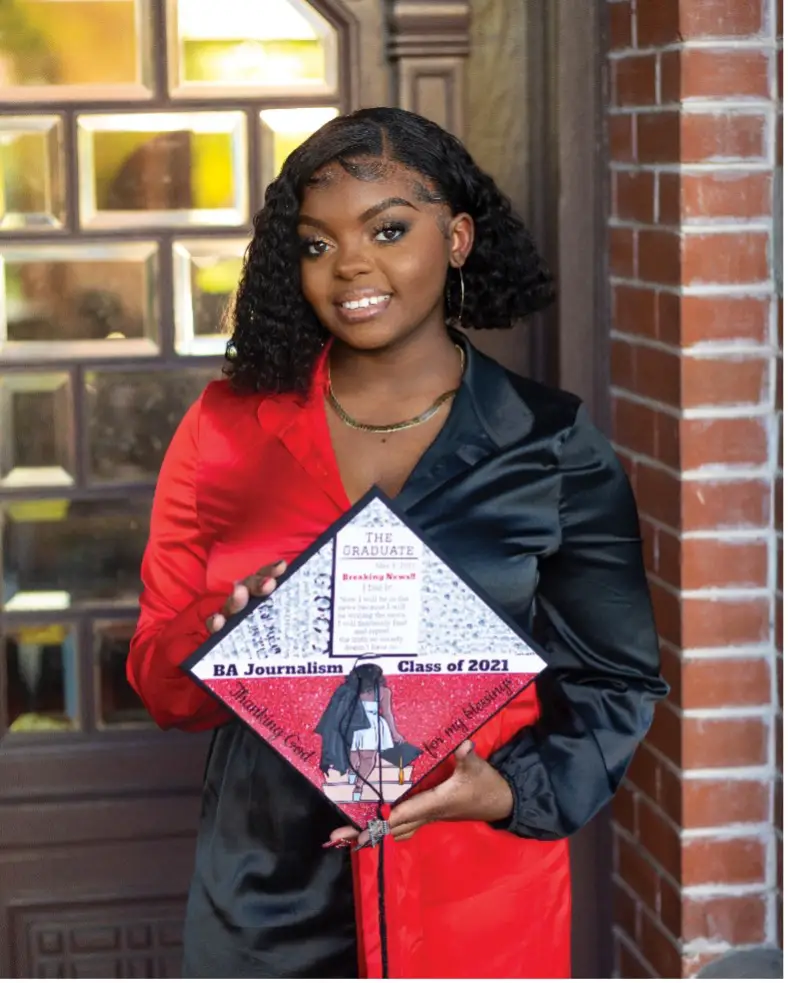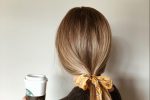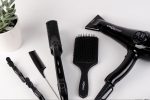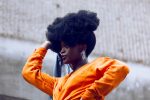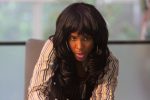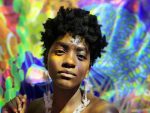For centuries, Black women have been attacked, dehumanized and judged for the various ways they chose to wear their hair. Now, several contributing factors have caused many Black women to abandon their natural hair journeys and resort back to relaxers.
African Americans found value in their hair long before they were forced onto ships and brought to North America to be sold as slaves. Today, Black women mainly use their hair as a fashion statement, but it has not always been that way. African people cherish their hair for both spiritual and cultural reasons; the state of an individual’s hair can tell the emotional state of that person. When Africans arrived in North America, their hair was shaved off by slave traders to strip them of their confidence and culture. Post slavery, African Americans used different hairstyles to take back their independence and empower themselves.
Black women embraced their natural hair until an African American inventor named Garrett Morgan, best known for inventing the traffic light and gas mask, invented a chemical cream known as the relaxer for the Black community in 1910. The relaxer straightens the tight and kinky curl pattern of African American hair and makes their hair resemble that of European-descended people. Black women embraced the invention for decades until they learned about the hazardous chemicals such as lye, guanidine carbonate and succinic acid that were included in the product. The chemicals used in relaxers soak into an individual’s body through their scalp and potentially increase the risk of Alzheimer’s disease, cancer, hair loss, chemical burns and other health problems.
As Black women learned about the chemicals that relaxers contained, they chose to transition back to their natural, chemical-free hair. Many Black women opted to do the “big chop” and cut their hair short enough until the relaxer was completely removed. Others have chosen to let their hair grow out and only cut the ends of their hair until all of the product has been cut off. Either way, they have chosen to remove their relaxer, and Black women have learned to embrace their natural beauty and begin their natural hair journeys.
While natural hair is a much better path for African American women than relaxers, the natural hair journey can be an expensive and arduous process.
Black women tend to have drier and more fragile hair than their white counterparts, so they must invest in high-quality products that smell good, provide moisture and work with their hair type. Similar to the way that everyone has a different personality and eye color, every Black woman has a different hair type. A product that works well for one woman may not work for the next. For this reason, Black women are forced to spend thousands of dollars per year on hair products like curl creams, hair oils, conditioners and shampoos. Some products are thrown out or given away if they do not work well with an individual’s hair. In most instances, Black women who take the leap to go natural have to experiment with a variety of hair products to find the products that work best for their hair.
African American women change their hairstyles frequently and that too can be outrageously expensive. Single braids with added hair can cost $200 or more depending on their length and size. For a high-quality wig that looks natural, Black women may pay $300 for a single wig and then pay a hairstylist an additional $200 to install and style the wig.
In addition to the thousands of dollars Black women invest into their hair care, maintaining natural hair can be time-consuming. The time spent washing hair can easily last between two and four hours. The washing, conditioning, detangling, moisturizing and styling are all a part of the wash day process that many naturals dread. Due to the long and exhausting process, many Black women are again resorting to relaxers because they are tired of dedicating several hours a week to maintain their natural hair.
Then there are the natural Black women with defined curl patterns that create unrealistic images for women with a less defined curl pattern. When African American women search the internet for ways to style their natural hair, they often come across other Black women who post videos of themselves doing a style on moisturized hair with a well-defined curl pattern. They present the false image that if women just follow the steps outlined in their videos, then their hair can also look just like theirs — but again, everyone’s hair type is different.
A natural hairstyle will not work for every Black woman; when women cannot get their hair to look the same as other naturals they have seen, they get discouraged. For example, some Black women can pull off a wash-and-go hairstyle that turns out extremely curly and maintains length. Other Black women may try the same style, and it may look nice while their hair is wet, but as soon as their hair dries, their hair shrinks up and they end up looking like a poodle.
The increased use of relaxers may also be a way for Black women to “look the part” in the work environment. While in the workplace, society has deemed Black women unprofessional when they wear braids, afros or any hairstyle that is not straight and free-flowing. To appear professional and pleasing to the eye, African American women may feel pressured by work and societal standards to have hair that reflects Eurocentric beauty standards.
The 2018 film “Nappily Ever After” starring Sanaa Lathan perfectly depicts the struggle Black women go through with their hair to please family, co-workers, significant others and themselves. In the film, everyone expects Lathan’s character to be perfect and wants her hair to look straight all the time. When she goes through a personal crisis and shaves her head bald, she quickly learns that people liked her for her appearance rather than her personality or her professional skillset. For once in her life, she learns to love her hair in every state that it happens to be in.
Far too often, society tries to put Black women in a box and make them feel as if they are not beautiful unless their hair is straight, silky and falls down their back like the hair of white women. Yes, for some women, relaxers are more convenient than struggling through the natural hair journey, but they are unhealthy in the long run. However a Black woman chooses to wear her hair, she should feel confident and not have to worry about being criticized by society. Hopefully, sometime soon, Black women will choose a healthy hair journey over risking their health to conform to beauty standards and taking the easy road.


